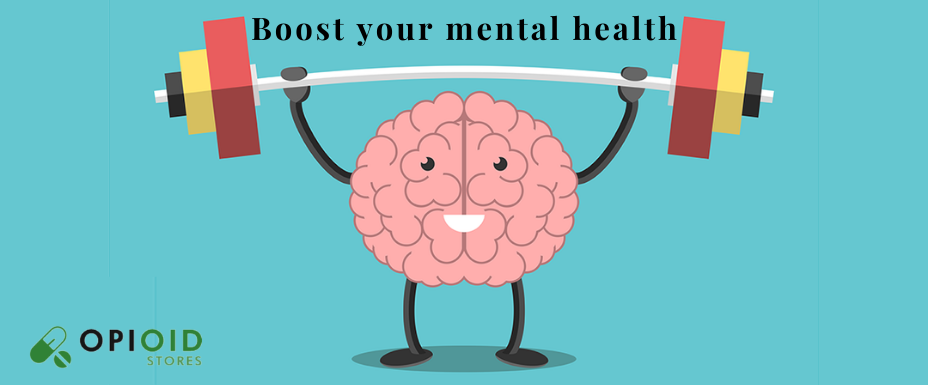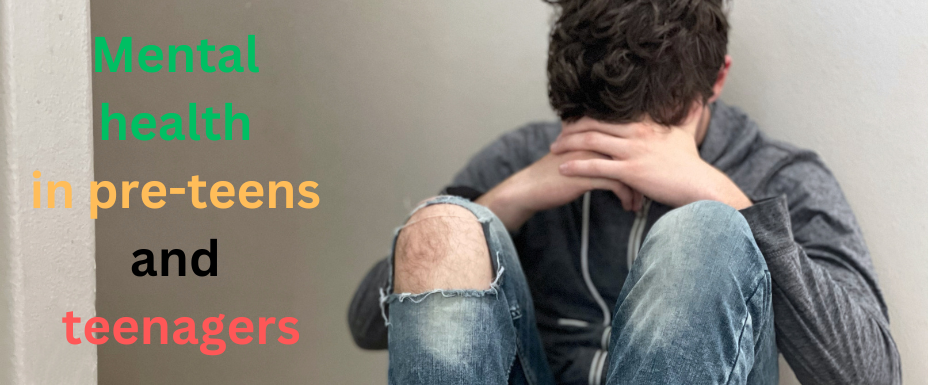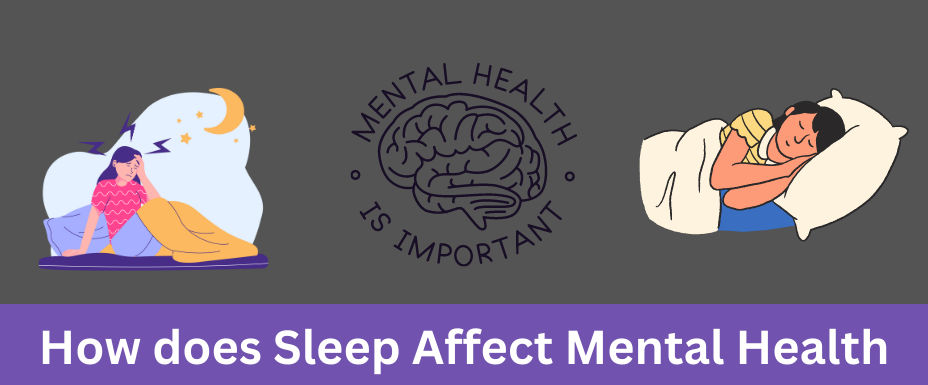How to boost your mental health?
What is mental health?
Mental health includes your social, psychological, and emotional well-being. Mental health affects how you act, think, and feel as you cope with life. It also helps determine how you relate to others, handle stress, and make choices. Mental health is crucial at every stage of your life, from childhood and adolescence through adulthood and aging. Let us now discuss the importance of mental health and some ways to boost your mental health.
Why is your mental health important?
Your mental health is essential because it helps you to:
- Be physically active
- Cope with the stresses of life
- Make meaningful contributions to your community
- Have good relationships
- Realize your full potential
- Work productively
How can you improve your mental health?
Following are a few things you must do to boost your mental health:
1. Staying positive.
It is essential to have a positive outlook. Please read further to know some ways to do that. Try to hold on to your positive emotions when you have them. Find the balance between negative and positive emotions. Staying positive does not mean you never get negative emotions, like anger or sadness. You need to feel these emotions to move through challenging situations. They may help you to respond to a problem. However, you do not want those emotions to take over. For example, it is not helpful to keep thinking about unpleasant things that have happened in the past or worry too much about your future.
You must take a break from negative information. Know when to stop reading or watching the news. Reach out for support through the help of social media. Feel connected to others but be careful. Do not get into arguments, fall for rumors, or negatively compare your life to others.
2. Take care of your physical health.
Your mental and physical health are connected. One way to take care of your physical health is by being physically active. Exercise can decrease feelings of depression and stress and improve your mood. You must eat healthily. Good nutrition will make you feel better physically and improve your mood and reduce stress and anxiety. Not having enough specific nutrients can contribute to some mental illnesses. For example, there can be a link between low vitamin B12 and depression.
You must get enough sleep because sleep can also affect your mood. If you do not get enough sleep, you may become more easily angry and annoyed. Over an extended period, a lack of quality sleep may make you more likely to become depressed. Therefore, it is essential to have a regular sleep schedule.
3. Connect with others.
Humans are social beings, and it is crucial to have healthy, strong relationships with others. Having good social support will help protect you against the harms of stress. It is also good to have different kinds of connections. Besides connecting with your friends and family, you can find ways to get involved with your neighborhood or community. For example, you could join a group or volunteer for a local organization that focuses on a hobby you enjoy.
4. Develop coping skills.
Coping skills are methods you use to deal with a stressful event. They can help you face a problem, be flexible, take action, and not easily give up on solving it.
5. Relaxation techniques
Relaxation techniques are practices you do to generate your body’s natural relaxation response. This lowers your blood pressure, slows down your breathing, and reduces muscle stress and tension. Types of relaxation techniques include progressive relaxation, guided imagery, biofeedback, self-hypnosis, and deep breathing exercises.
Progressive relaxation is when you tighten and relax different muscle groups while using breathing exercises and mental imagery. Guided imagery is when you learn to focus on the positive images in your mind in order to help you feel even more focused and relaxed. Biofeedback is where you use electronic devices to learn to control certain body functions like heart rate, breathing, and muscle tension. Deep breathing exercises involve taking deep, slow, and even breaths. Self-hypnosis is where your goal is to get yourself into a trance-like, relaxed state when you hear a specific suggestion or see a particular cue.
6. Practice gratitude.
Practicing gratitude means being thankful for the good things in life. It is helpful to do this every day, either by writing it down in a journal or thinking about the things that you are grateful for. These can be important things, such as the support you have from your loved ones or little things, like enjoying a good meal. It is essential to allow yourself a moment to enjoy that you had a positive experience. Practicing gratitude will make you see your life differently. For example, when you are tense, you can notice that there are also moments when you experience some positive emotions. Gratitude will help you to recognize them.
7. Meditate.
Meditation is a state of body and mind where you learn to focus your awareness and attention. There are many kinds of meditation, such as transcendental meditation and mindful meditation. Meditation generally involves:
- A specific, comfortable posture. This can be lying down, walking, sitting, or another position.
- A quiet space with few distractions
- An open attitude, where you let distractions come and go naturally without judging them
- A focus of attention, like a specially chosen word or set of words, an object, or your breathing
8. Develop a sense of meaning and purpose in your life.
“Finding your purpose in life” is more than just a dream that will never get fulfilled. It is actually a tool for a happier, better, and healthier life that only a few people attempt to use. This can be through your job, exploring your spirituality, volunteering, or learning new skills.



